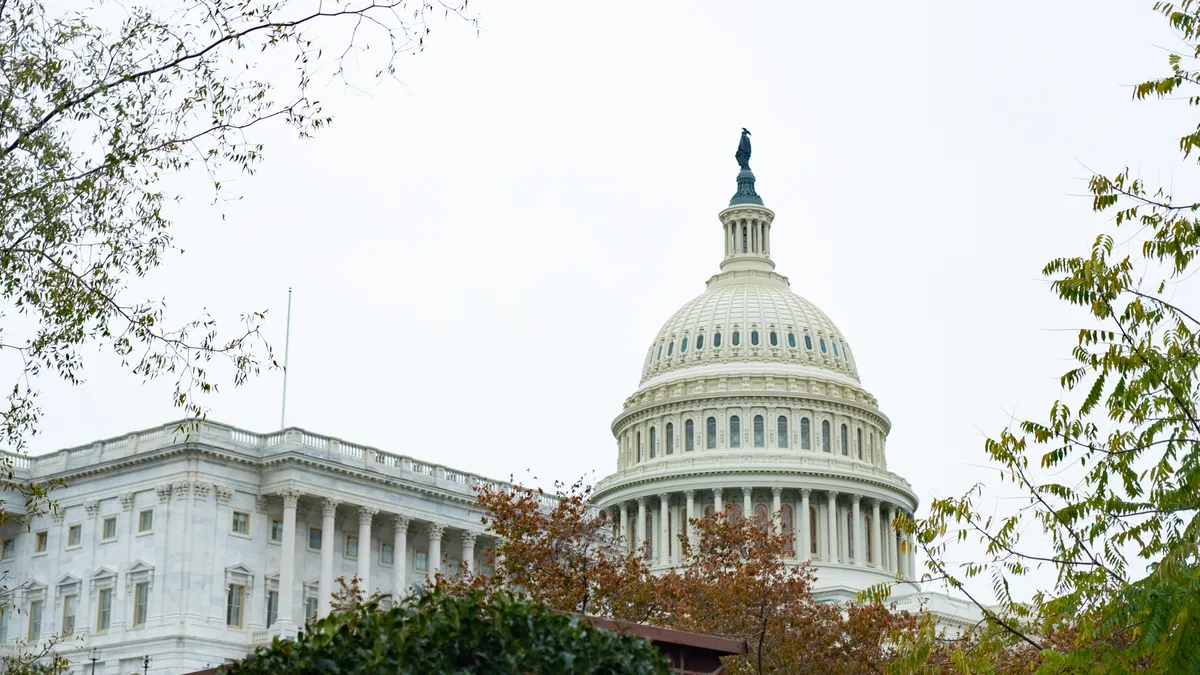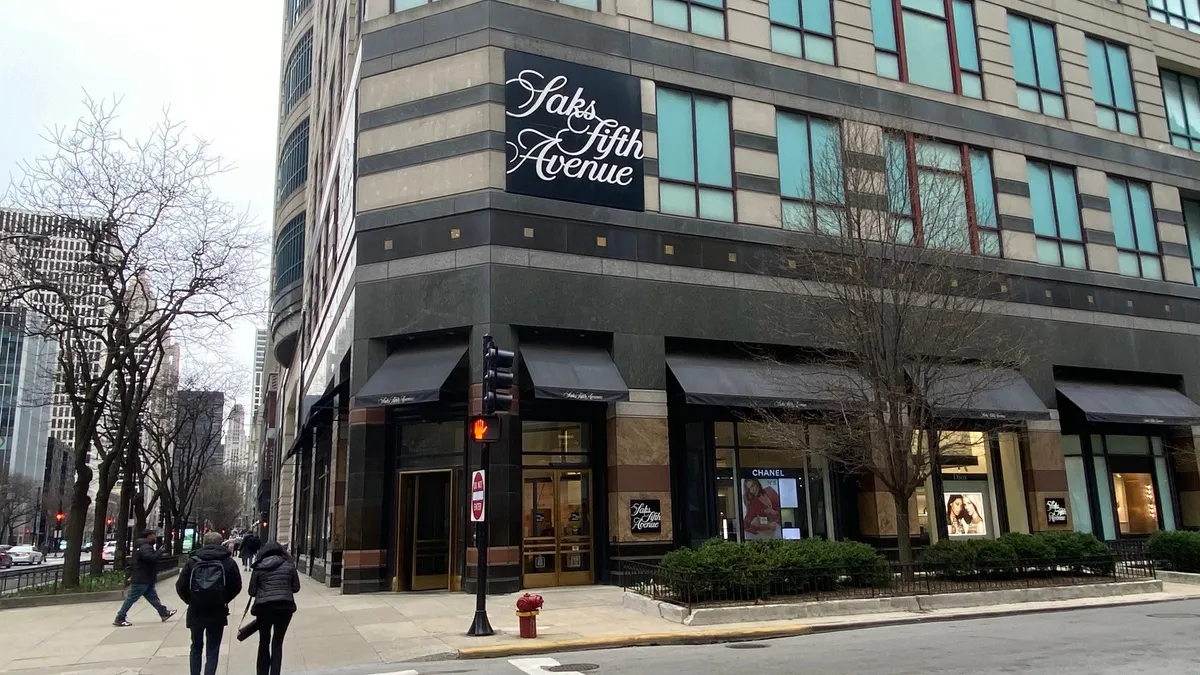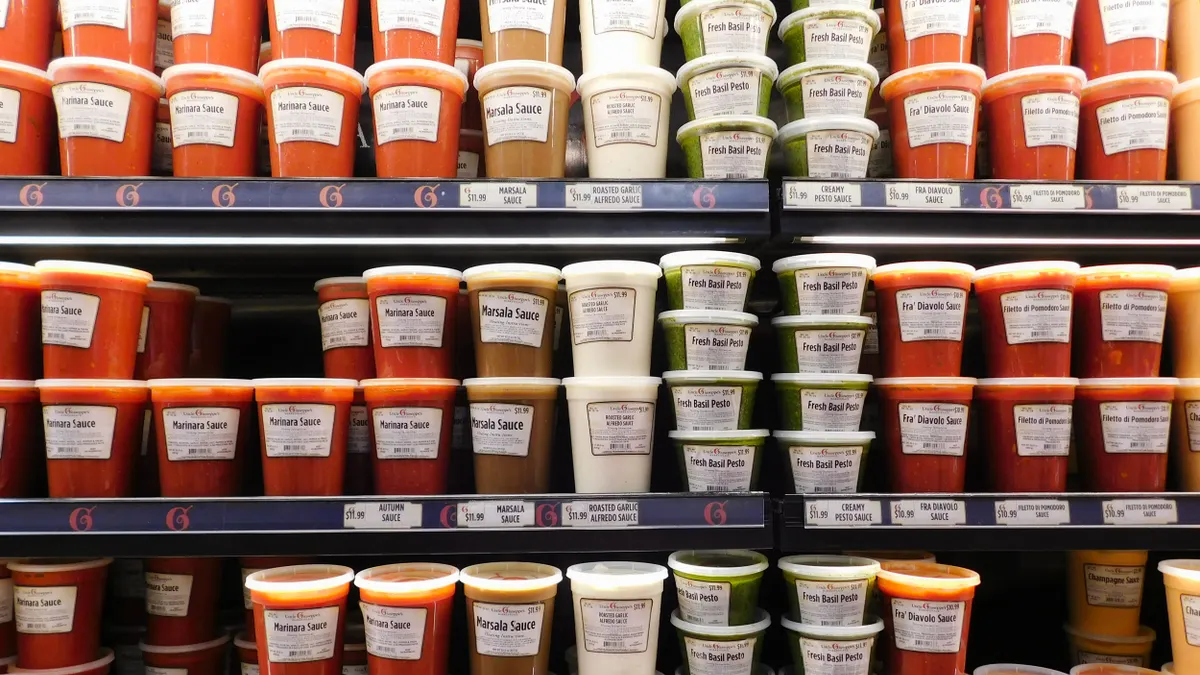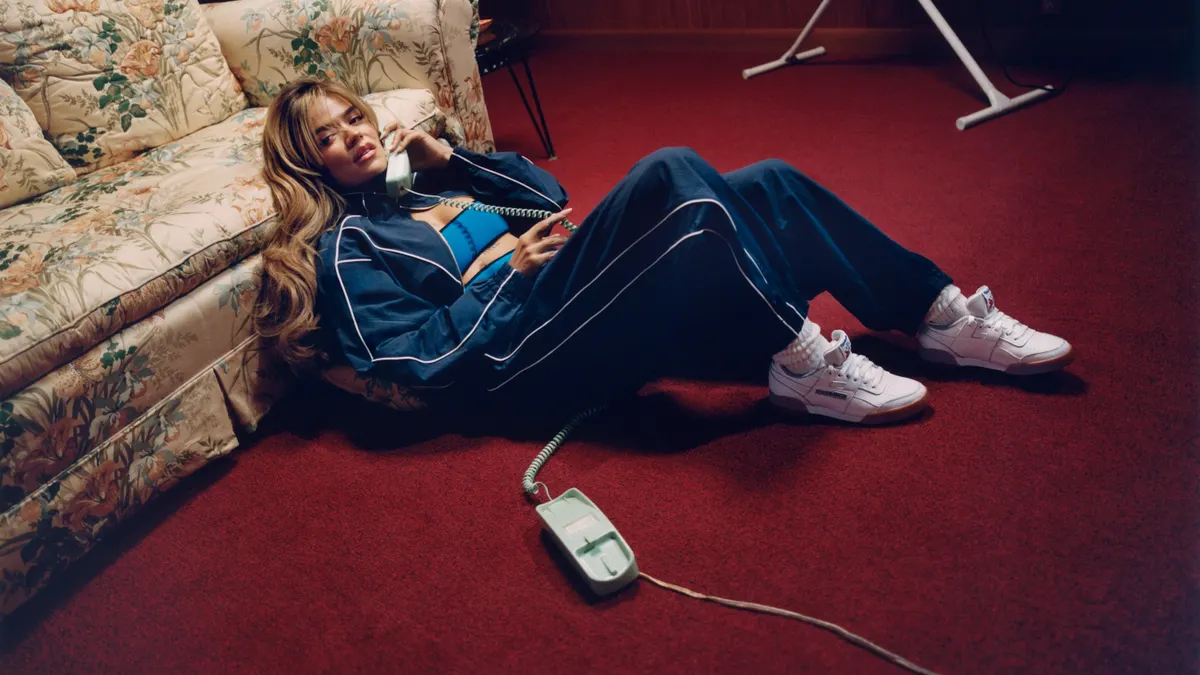The U.S. Senate adjourned Monday evening, dashing hopes for the renewal of federal pandemic relief before the election and undermining a holiday shopping season already riddled with uncertainty.
Lawmakers return to the Senate Nov. 9 without plans to tackle a new stimulus package, despite evidence that the first $3 trillion round of aid to consumers and businesses, including the CARES Act, fueled demand and staved off further economic fallout from the pandemic. Federal Reserve Chairman Jerome Powell in a speech this month called the packages from March and April "by far the largest and most innovative fiscal response to an economic crisis since the Great Depression."
The sequel — the so-called HEROES Act passed by the House of Representatives in May and languishing in the Senate since — contains another $3 trillion with similar provisions, including cash and rent relief to consumers and business support designed to protect jobs. The latter is important. GlobalData found that U.S. consumers are bargain-hunting lately due to pandemic-related job loss or pay cuts. And Wells Fargo economists Tim Quinlan and Shannon Seery on Tuesday, recording a slippage in consumer confidence in October, said "the recent loss of momentum in the labor market prevents a more robust confidence surge."
Money and time are running out
In light of the precarious economy and ongoing disease outbreak, industry groups early in the month had urged a new agreement. "A second round of economic assistance could prove to be a meaningful tailwind to consumer retail — especially as the economy has slightly more visibility into a recovery today vs. 6 months ago when the first stimulus checks were released," Wells Fargo analyst Ike Boruchow said in Oct. 15 commentary.
The benefit to retail lingered into September, even after the last checks went out, several analysts and retail chief executives have said in recent weeks. With the pandemic depriving them of travel, dining and entertainment, many households had money to spend at the end of the summer, and that may hold true for some during the holidays as well. For those counting on stimulus money, though, funds are shrinking or exhausted.
When senators return in November, they may yet take up stimulus renewal during what will be a lame-duck session, the few weeks before a new Congress is sworn in. But David French, SVP of Government Relations at the National Retail Federation, said it's difficult to know how much can be accomplished. "As the election has drawn near it has become more and more unlikely," French said by phone, adding that support for small businesses and direct payments to consumers should be top priorities. "Lame duck sessions tend to be brutish and short."
Even if some amount of relief happens before the end of the year, it may not be enough for those living paycheck to paycheck or the retailers that cater to them, according to Forrester Research Principal Analyst Brendan Witcher.
"In reality, any efforts the U.S. government makes on stimulus will have a muted effect on those consumers who are feeling the most pain," Witcher said by email. "Based on what we saw during the first round of stimulus, U.S. consumers who are unemployed or feeling unsure of future income spend the majority of stimulus income on life’s essentials like rent/mortgage, healthcare, grocery, and even put it into savings rather than spending it on general merchandise."
It's a drag
Absent a package, amid elevated unemployment and a resurging pandemic, research shows that many consumers will curtail their holiday budgets. Without new relief, nearly a quarter will reduce their holiday spending, according to a survey from marketplace seller platform Jungle Scout. And while Adobe Analytics found that e-commerce could surge this year to $200 billion as shoppers continue to avoid stores, that would only reach $189 billion without a stimulus package — still a record-breaking number, but smaller by $11 billion.
That digital surge carries its own headache. Without a stimulus to spur spending, retailers may have less hope of getting wary consumers to shop early this year in order to garner some measure of control over a supply chain roiled by the pandemic. Even if stores remain open, already jittery shoppers plan to buy more online this season, as most states are experiencing upticks in COVID cases and hospitalizations. It's a scenario that retailers have feared could mean a repeat of their dismal second quarter.
Indeed, perhaps the biggest upside to another stimulus round would be a newfound level of certainty, according to Jason Brewer, executive vice president of communications and state affairs at the Retail Industry Leaders Association.
"Certainty is even more important than timing, if all parties clearly communicate a commitment to get something done once the election is over," Brewer said by phone. "If we come out of the election with more finger-pointing and no clear path, then it will likely be a drag on confidence."
























